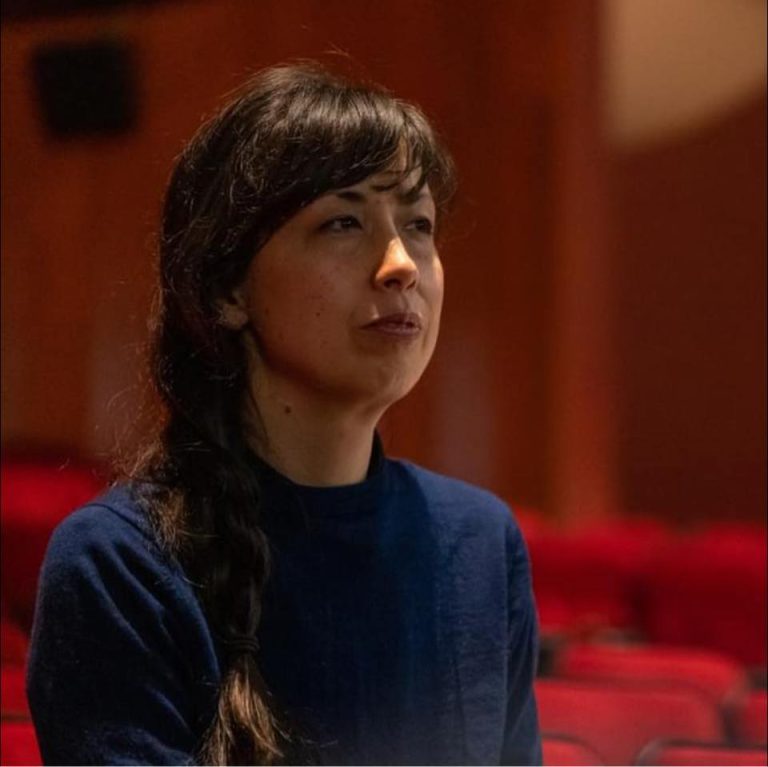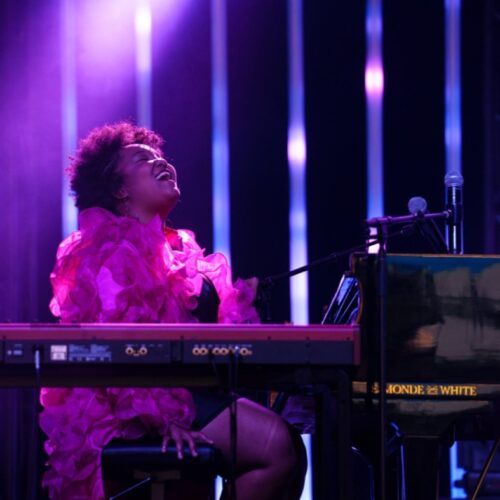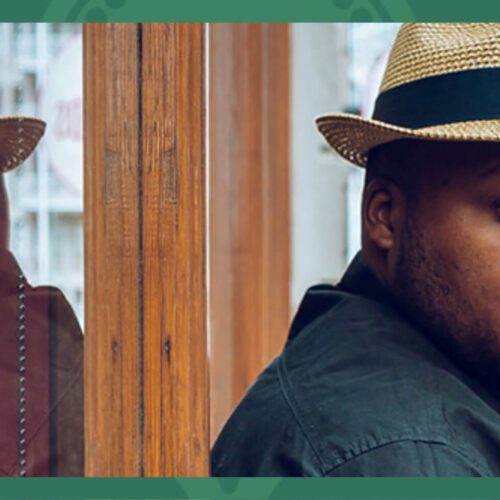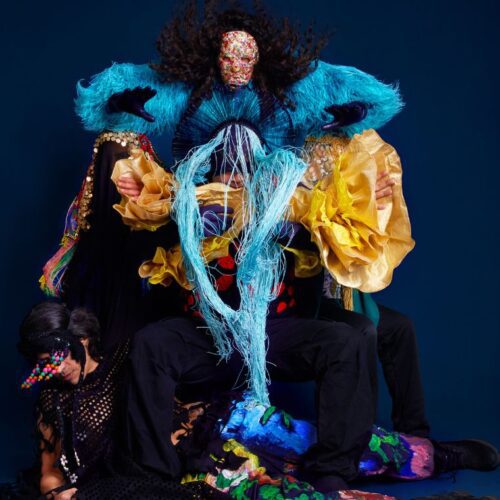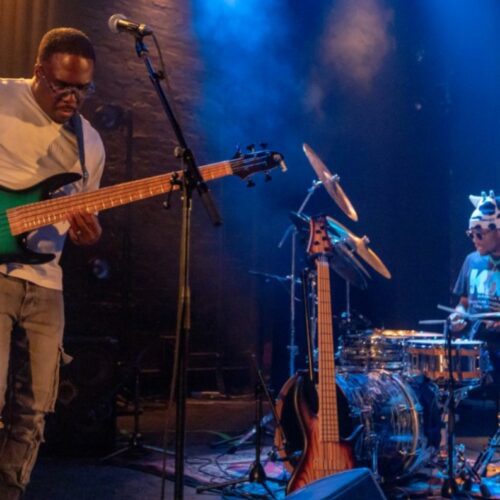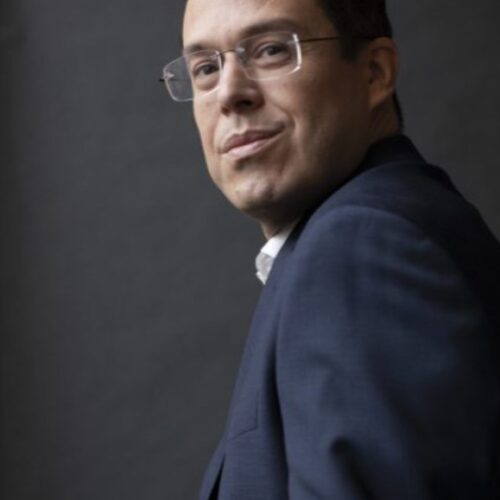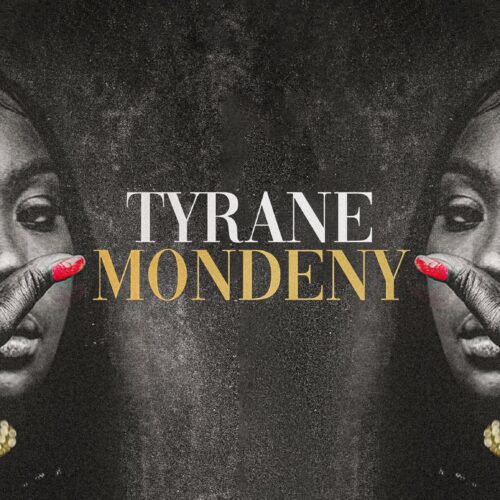Additional Information
“An episodic opera without a narrative, Listening to the Lost explores and investigates our emotional connection to sound, how we hold sound events and music in memory, how we trigger these memories, and how we transform, distort, and essentially recreate these flash memories.”
“L’écoute du perdu is a non-narrative, episodic opera that explores and interrogates our emotional connection to sound and how we hold onto sound and music in our memories, how they are triggered, and how we transform, distort, and essentially re-create with these fragmented ‘flashbulb’ memories. We begin with Guglielmo Marconi, a pioneer of the radio, who is famously attributed the belief that sound never dies.”
These are the foundations of this work imagined by Keiko Devaux for three human voices, flutes, clarinets, cello, synthesizer and percussion. The Montreal composer clearly summarizes the issues at stake:
PAN M 360: How did it all start?
KEIKO DEVAUX: It started with a conversation with Jeffrey Stonehouse (artistic director of Paramirabo), he was open to different possibilities and gave me carte blanche. In the context of my PhD studies, I was working on memory, especially the memory of sound and its different implications.
PAN M 360: So your interest in the memory of sounds would have led you to creation, beyond a postgraduate degree?
KEIKO DEVAUX: I was fascinated by the Italian (physicist, inventor and businessman) Guglielmo Marconi, especially because he believed that sound waves had an eternal life and that one could eventually design a machine capable of capturing all the frequencies, all the historical sound moments. I found that a very beautiful concept! It fed me.
PAN M 360: Also your knowledge of the phenomena around your interest in memory has clearly been deepened!
KEIKO DEVAUX: I was obsessed with these stories about memory. Beyond this interest in Marconi, in the science of memory and sound, I became interested in flash memory or episodic memory. In fact, all the forms of memory that humans have. The stronger the emotion of a moment, the more it loops in our memory, the more distorted it becomes. And I found it super interesting that our most precious moments can also be the most distorted. I also learned that the sensory episodes put into memory are really clear – the texture, the smell, etc. We forget some aspects of these episodes, a phrase, a color, but the emotion remains intact.
PAN M 360: How did the project then take shape?
KEIKO DEVAUX: So I proposed this idea that was brewing in my head to Jeff and he thought it was a cool concept. I then considered the possibility of working with opera voices and “physically playing” with the text; I actually preferred a text setting to a libretto, I wanted the collaboration of different authors rather than working on a narrative framework with a single librettist. I suggested to Jeff that we compose a large piece where each movement would represent an individual flash memory, which justified the approach with different authors. So I joined Daniel Canty, Kaie Kellough and Michaël Trahan. I wanted the texts to be bilingual and conceived here. I suggested to Kaie that he write a text related to the memory of a book. To Michaël, I wanted a text about the memory of a person. To Daniel Canty, who was also fascinated by this theme of memory, I asked him to write the prologue and epilogue, a narrative voice of Marconi with these questions: do sounds never die? Where are they in space?
PAN M 360: How did this materialize in the final form of this “episodic opera without a narrative framework”?
KEIKO DEVAUX: The prologue announces the idea (text by Daniel Canty). A first movement illustrates the episodic memory of a person (English text by Kaie Kellough). A second movement presents the contrasting memory of another person (French text by Michaël Trahan). A third is a kind of synthesis that represents the machine where we go through several memories – a “mise en texte” of myself with fragments intermingled from the writings of our authors, with their permission. And we end with the epilogue (Daniel Canty). These authors are really great in their respective styles, in the rhythm of their sentences, the choice of their words!
PAN M 360: Obviously, you had to dress up this concept so that it would shine on stage. How did you go about it?
KEIKO DEVAUX: With the support of Le Vivier Group (of which Jeff Stonehouse is also the artistic director), we had more means. I started to visualize the play and I considered that we needed to emphasize the visual dimension with lighting, projections and also a staging to underline the theatrical dimension. I then discussed with the director Marie Brassard, to get feedback and finally she loved the idea of staging this opera with her formidable expertise. She brought her whole team, set designer, lighting designer, Karl Lemieux projections.
PAN M 360: So, in your own way, you imagined what this fantastical machine of Marconi, to whom we owe the invention of the radio, would be.
KEIKO DEVAUX: Just as you change channels on the radio, you change channels in this work by presenting several different memories, and then you find yourself in the machine.
PAN M 360: It could not be clearer.
- PARAMIRABO
- JEFFREY STONEHOUSE (flûtes)
- CHARLOTTE LAYEC (clarinettes)
- HUBERT BRIZARD (Violon)
- VIVIANA GOSSELIN (violoncelle)
- DANIEL ÁÑEZ (synthetiseur)
- LÉO GUIOLLOT (percussion)
- JENNIFER SZETO (Cheffe)
- SARAH ALBU (soliste)
- FREDERICKA PETIT-HOMME (soliste)
- RAPHAEL LADEN-GUINDON (soliste)
- KEIKO DEVAUX (composition et conception)
- MARIE BRASSARD (mise en scène)
INFOS ET BILLETS pour les représentations de samedi, 15h et 18h30 à la Fonderie Darling, C’EST ICI
